Lab tests needed to be done and at that time there was only one lab that we knew in Lagos that could test for Ebola. In the end, we were advised of the LUTH lab run by Professor Omilabu, and Redeemer’s lab run by Professor Tomori, both of which have the capacity to conduct interim tests. We sent a sample to the LUTH lab and 36 hours later received a result that showed a positive signal. At that point it was clear that hell was about to descend on Lagos. We felt compelled to issue a press statement, signed by Dr. Adadevoh and I, confirming that there now existed an Ebola index case in Nigeria.
With the press release, things went gaga. We had to progress our delicate investigations and patient management in the atmosphere of a media frenzy. Fortunately, our international contacts came through for us, putting us in swift direct contact with the Office of the US Secretary of Health, the W.H.O and the C.D.C. The US and UN machinery moved swiftly. One Dr Samuel Adeniyi-Jones, a Nigerian medical expert based in the US Secretary for Health’s office was extraordinary in the assistance he provided us. A matter of health and national security significance to Nigeria had attained national security significance to the US government and world health security significance to international agencies.
Do you sense then that Sawyer knew he had Ebola and deliberately or recklessly kept it from the hospital – or that he even deliberately set out to infect innocent medical personnel?
Who knows? The one thing that is certain is that his entire reaction was an aberration – at odds with how one would expect a reasonable man to behave when faced with such a significant health risk. At the beginning, it was a simple case of a Liberian-American requiring attention for a suspect case of malaria. As medical professionals, it was and is our duty to do all that we can to meet the patient’s needs. For us therefore, it was just odd that our every effort to help was rebuffed by the patient.
Advertisement
A matter that started as a medical issue escalated very quickly into a legal and a political situation, outside of the ordinary arena in which we operate as doctors. We could never have anticipated this. We could not have anticipated the threatened lawsuits and threatened diplomatic row. We could not have anticipated that we had a patient who almost certainly knew that he had Ebola. He must also have known that he was at his most dangerous stage. Yet, he wanted to get out of here. You have to reach the conclusion that the man was a bio-terrorist. All of a sudden we moved from a medical issue to a national security challenge and so we needed to reach out to all of the state and federal agencies.
You have to look at the implications of his actions. As a result of Sawyer’s bio-terrorism, seven people died in Nigeria. Out of the seven, four of them were from this hospital. Eighteen people were admitted to the treatment centre. 12 of them were from First Consultants. Those who were not in the treatment centre were traumatised beyond imagination, because they were now being monitored for days on end. Some of them were thrown out of their homes by their landlords and some of the spouses of the people working here had their employment terminated at their place of work. Sawyer’s actions had far reaching consequences for us at First Consultants and for Nigerians as a whole.
Tell us about your staff who died as a result of Sawyer’s action…
Advertisement
Dr. Adadevoh was the chief physician at First Consultants. She was the one that made the clinical diagnosis that triggered all of this. She had been working with us for 21 years and was killed by Mr. Sawyer’s bio-terrorism. She died in the course of protecting this nation, leaving a husband and a son. Dr. Abaniwo was our Chief Anaesthesiologist, having worked here for 16 years. He died leaving a wife and three children. Indeed his wife was secondarily infected and had to go for treatment and the children were traumatised. Justina Ejelonu was young, just under thirty and had been busy preparing to get married. She was two months pregnant. It was her first week working with us her when Sawyer inflicted the Ebola virus on her. Evelyn Uko had worked with us for 31 years. She was with me here when Dr. Adadevoh came here to deliver her son, Bankole, 26 years ago. Yes, I delivered Dr Adadevoh’s son. You see how personal these losses are. Uko was widowed as her husband died a few years ago leaving her to fend for four children. Those four children were kicked out of their home immediately the mother was diagnosed with Ebola before she eventually died. Evelyn Uko who was a nurse here. She was perhaps the sweetest and kindest bedside medic you can imagine.
So, you can see the strength of the relationship with the people that we lost. We built this hospital as a family institution and Sawyer came here to wreak so much havoc in our midst. He killed them one after the other by deliberately exposing them to his body fluids at every opportunity he had. With his knowledge of Ebola coming from Liberia, I believe that he knew exactly what he was doing. All this he did from the period he came in through to the period he was under suspicion and was placed in isolation. While in isolation, he found creative ways to get more of our staff infected. For instance, he called a nurse at one time but the nurse kept her distance from him then he decided to ask for someone else and told the nurse to call a doctor. The Doctor happened to be Ada Igonoh, one of the survivors. He begged Ada to hang up his drip bag as he said he had just finished using the restroom. He had systematically smeared the drip bag with his bodily fluids to ensure that she came in contact with it and that was how she got infected. Everyone who got infected has a similar kind of story to tell of Mr. Sawyer’s deliberate wickedness.
How would you classify the actions of the Liberian Ambassador? Do you think he knew about Sawyer’s Ebola status or that he was just trying to help his country man?
Well there have been many thoughts that have crossed my mind as to the role of the Liberian ambassador in trying to secure Sawyer’s release. There is no doubt in my mind that he was a reckless person because a diplomatic mission is supposed to have rules and there is only so much that they can interfere with. Did we tell him it was Ebola? Yes we did and what was his response to that? He asked us “how are you sure”. He accused us of just trying to disparage his country and embarrass Liberia. Even when the results were out and it was confirmed positive by W.H.O lab officials, he said he wanted to see the report. Of course by that time I didn’t have time for him anymore and I just disregarded his requests because I realised that this is someone that is unreasonable. He of course became a non-issue when President Goodluck Jonathan instructed the Minister of Foreign Affairs to come and talk to me when he heard about it. Once I relayed the full facts to the Minister of Foreign Affairs, he immediately fired up a letter of protest to the Liberian government that led to the recalling of the ambassador. It was clear that he had contravened diplomatic protocol and that he had acted in bad faith.
Advertisement
Were you prepared for any incident of this nature?
This Hospital is founded on and maintains a culture of excellence. The quality of our people, processes and equipment, all of these things matter to us. From our recruitment practices to our continuous training programmes, we are focussed on maintaining top notch medical personnel. We invest in up to date equipment and technologies. You have seen our recent investment in neonatal equipment. These are the things that matter to us. We do everything required to maintain international standard patient care. Indeed, we keep our knowledge cutting edge by maintaining international contacts and relationships. We are a research oriented institution, a learning zone and Dr Adadevoh was lead researcher in this regard. Knowledge is key to patient care and we maintain our international relationships, with colleagues and international agencies. Through these relationships, we stay ahead of developments in the medical field. So, yes, we are generally prepared for practically any medical situation that walks through our doors.
I must tell you however that July 20 2014 presented a challenge that we had never seen before or planned for. We had not planned for Ebola. No one had really. We certainly had never been presented with Ebola before. Fortunately, the high professionalism of our personnel, starting with Dr Adadevoh, who took time to examine the patient, research his condition, share her findings with us, work with us to investigate and test, all proved invaluable in containing Mr Sawyer and the disease. So, yes, as an institution, we had the calibre of personnel and tools to address a vast array of infectious diseases but nothing at this level. For instance we always had our own Personal Protection Equipment (PPE) but it wasn’t at the level of Hazmat gear which is the ultimate in protection gear.
Dr. Adadevoh, was one of the most brilliant physicians this country has ever produced. She always asked for the latest infrastructure and was always research oriented. Any medical course anywhere she will come and say “Oga there is something happening in South Africa and I want to go and do this course” and off she went. She attended various medical courses all over the world. As professionals, we always equip ourselves with new research orientations and best practices. Of course medical conferences help to build up knowledge, professional relationships and contacts – all of which proved invaluable when this Ebola crisis hit our hospital. We depended a lot and benefitted from our international relationships.
Advertisement
The key here, which is something we recommend, is that every institution must have a set of triggers where if a problem crosses a threshold you must call up an incident group of your peers – to come together, listen to a presentation of the problem and engage in professional arguments in a disciplined and structured manner so that you are able to determine what to do next. The problem here would have been magnified if we had let Mr. Sawyer out of here. We knew the best thing to do was to keep him here and ensure we put on our PPE’s. However, what was unique about Mr. Sawyer’s condition was that Mr. Sawyer did not want to be treated and he wanted to be a terrorist and go out of his way to infect other people. Ordinary patients don’t do that. It’s bad enough taking care of Ebola and trying to bring in other people to assist. Ebola victims all over the world are begging ‘please come and help me’. But Mr. Sawyer didn’t want to be helped.
How would you have handled the situation if Mr. Sawyer had admitted from the beginning his contact with Ebola?
Advertisement
Oh, we would immediately have quarantined him, summoned the assistance of the health and law enforcement agencies and reached out, as we did, to international professionals and agencies with extensive experience of handling Ebola. Ebola is a threat to the life of the patient. It is also a national security threat. We would have maintained the same care-based attitude to Mr Sawyer, doing everything possible to save his life, doing everything necessary to avoid the spread of the disease to our staff and the wider population. Imagine what would have happened if we let Mr. Sawyer out on the streets. It would have affected the economic, political and social fabric of this country. It would have been chaos. So yes, we would have summoned care for him as we did but taken additional care to avoid the danger that he constituted to our personnel.
From your experience do you think the country is better prepared in case there is any other outbreak?
Advertisement
Let me answer by saying for the country to be better prepared, the country needs to engage us at First Consultants in a very robust discussion. We were in the thick of it and suffered the most from the crisis. So the questions that need to be asked are, how did we survive it and what are the lessons that we have learned that could be shared. How can you be better prepared if you don’t do a post mortem that involves the people that went through it. You can’t. So for us to be beating our chest and saying that we’ve gotten a W.H.O this and that for me I find it very worrisome and I think that we should soon get engaged in some kind of a robust internal conversation. It is only in that process perhaps that the nation would appreciate it took First Consultants and its people. What we suffered. We are still waiting to be called upon to be part of such a process. We need to go forward with a better preparedness plan. We are only as strong as our weakest link.
Advertisement
3 comments
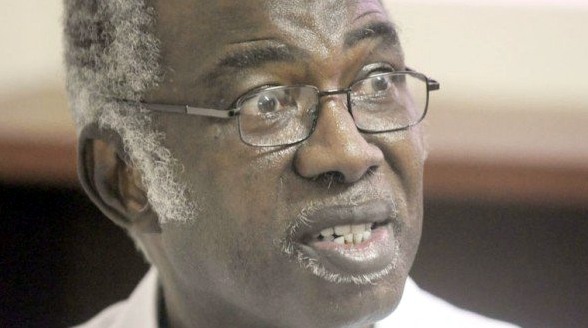
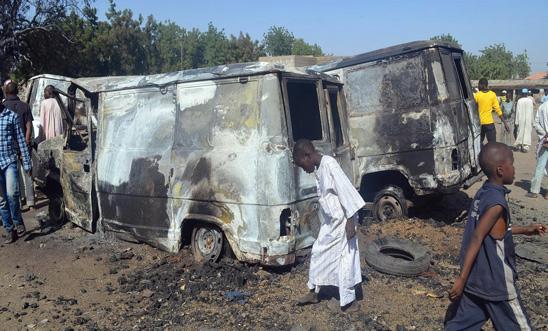
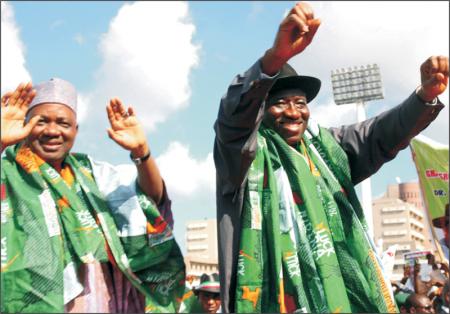
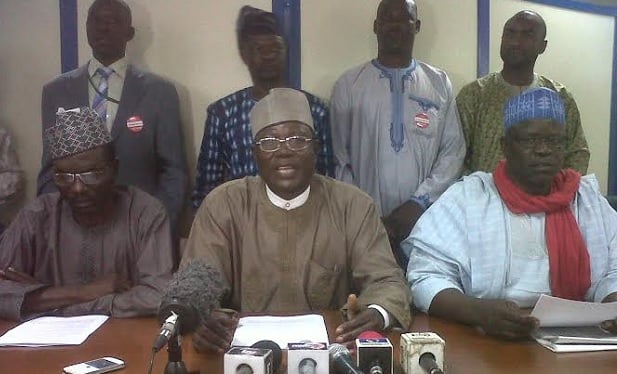
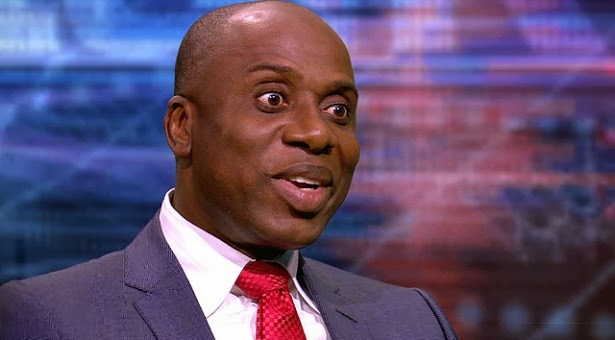
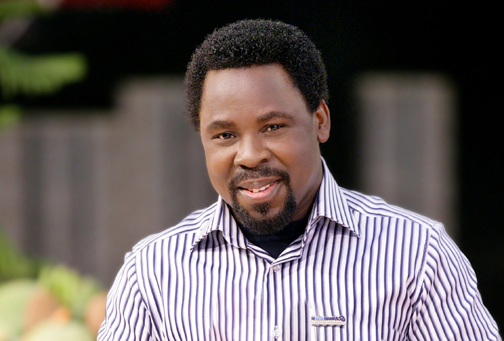
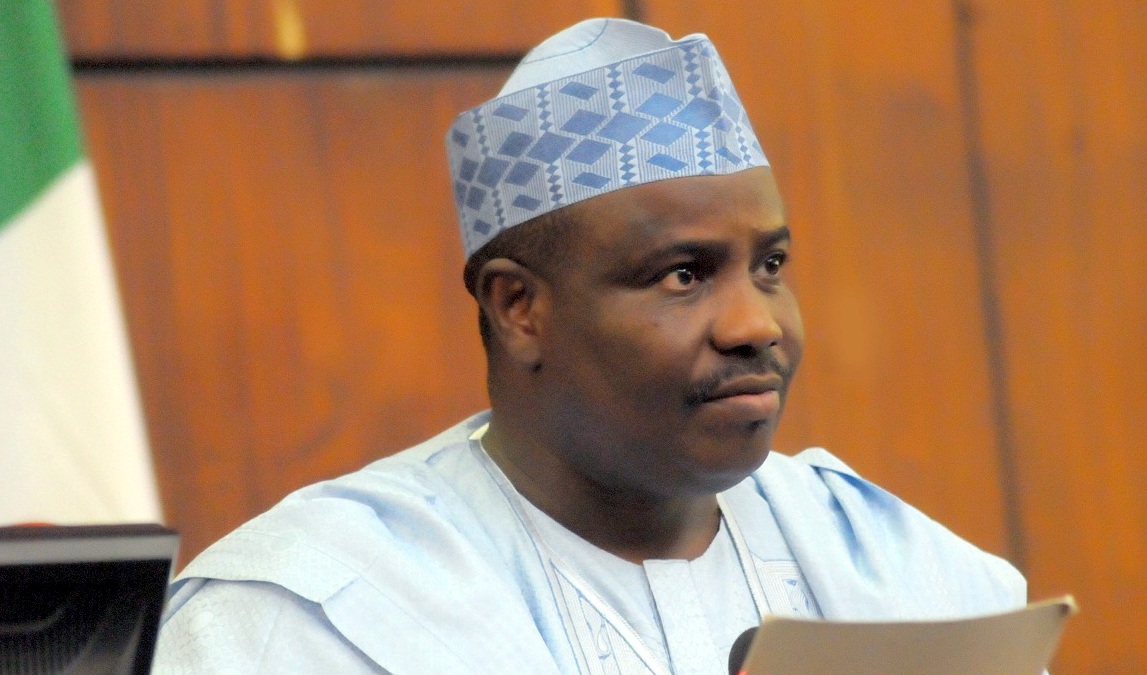
My deepest condolences to Dr Ohiaeri and FIRST CONSULTANTS for the irreparable losses they suffered on behalf of Nigeria. Indeed our nation owes them a debt of gratitude for their professionalism,courage and compassion in the handling of Patrick Sawyer and the Ebola Crisis.
We pray the Federal and State governments will do all that is needful to compensate them and involve them in meaningful discussions as we seek to prepare our nation for any such crisis that we all know can arise again.
My wife and I had a set of twins born at First Consultants over 14 years ago on the recommendation of friends,and know of no other hospital with a higher level of professionalism in patient care in this country. The hospital needs to be destigmatized and handled with compassion. Other hospitals are watching.
Great commendations for First Consultants Hospital. Great sadness for their loss – the heroine Dr. Adedavoh.
But, permit me to say that it is because they are very good, that how we were alerted to the danger that was with us.
God will adequately compensate them – family, hospital and all those who lost for the is losses forever.
Good job!
What a story! What a testament of love, selflessness and Excellence. A true picture of the Nigerian spirit if your ask me and not the lies told by international media usually. I doff my hat to the entire First Consultant Medical Centre team. My youths and I have already honored them with our “#Play4Change” project and we’ll continue to do all within our power to see they get the recognition, honor and reward they deserve. The hospital is actually the first one I’ve ever liked because of its exceptional cleanliness. Truly excellent!